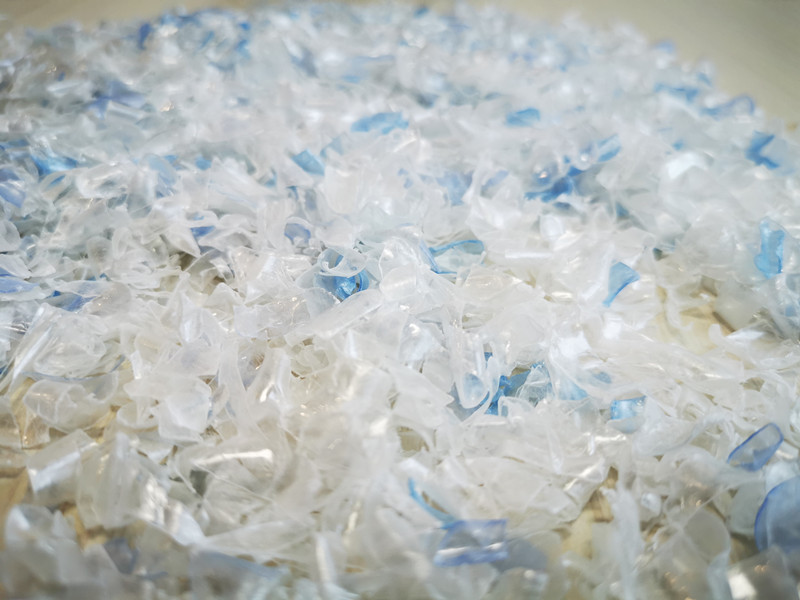What is the use of recycled PET flakes?
Recycled PET (Polyethylene Terephthalate) flakes, commonly known as RPET flakes, are produced through the recycling of used PET bottles and containers. Recycling PET bottles into flakes helps reduce environmental waste and conserves valuable resources. These recycled PET flakes have a wide range of applications in various industries, making them a valuable material in the circular economy. Here are some common uses of recycled PET flakes:
Manufacturing New PET Containers: One of the primary uses of RPET flakes is in the production of new PET containers and bottles. These flakes are melted and processed to create preforms or sheets, which are then blown or molded into new PET bottles and containers. Incorporating recycled content in new PET containers reduces the demand for virgin PET resin, thus conserving natural resources and energy.
Textile Industry: Recycled PET flakes are used in the textile industry to produce polyester fibers and fabrics. The flakes are melted and extruded into fine filaments, which are then spun into yarns for weaving or knitting. RPET fibers find applications in clothing, sportswear, home textiles, and various other products, providing an eco-friendly alternative to conventional polyester made from fossil fuels.

Strapping and Packaging Materials: RPET flakes can be converted into strapping materials used for securing and packaging goods during shipping and transportation. These recycled PET strapping materials offer similar strength and durability to traditional plastic strapping while promoting sustainability.
Sheet and Film Production: Recycled PET flakes are processed into sheets and films used in the packaging industry. These sheets are commonly employed for thermoforming applications, creating trays, clamshells, and other packaging solutions.
Construction Materials: RPET flakes can be utilized in the production of construction materials, such as insulation products and carpet backing. Incorporating recycled PET in these materials enhances their sustainability and reduces the environmental impact.
Geotextiles and Non-Woven Fabrics: Recycled PET flakes are used to manufacture geotextiles and non-woven fabrics used in various applications, including civil engineering, agriculture, and automotive industries.
Fiberfill and Insulation: RPET flakes can be processed into fiberfill used in pillows, cushions, and mattresses. Additionally, they are employed as thermal insulation in clothing and home insulation products.
Automotive Applications: Recycled PET flakes find applications in the automotive industry for producing interior components like carpets, seat upholstery, and sound insulation materials.
Benefits of Using Recycled PET Flakes:
Sustainability: Utilizing RPET flakes reduces the consumption of virgin materials and promotes a circular economy approach to waste management.
Energy Conservation: Recycling PET bottles into flakes consumes less energy than producing virgin PET resin.
Reduced Environmental Impact: Recycling PET bottles and using RPET flakes lowers the amount of plastic waste entering landfills and oceans, mitigating environmental pollution.
Resource Conservation: RPET flakes help conserve natural resources like crude oil, which is a key component in producing virgin PET resin.
Product Performance: Products made from recycled PET flakes often demonstrate comparable performance to those made from virgin materials.
In conclusion, recycled PET flakes play a significant role in various industries, contributing to environmental sustainability and resource conservation. The versatility of RPET flakes makes them a valuable resource for producing new PET containers, textiles, packaging materials, construction products, and more, providing eco-friendly alternatives to conventional materials made from virgin resources.


